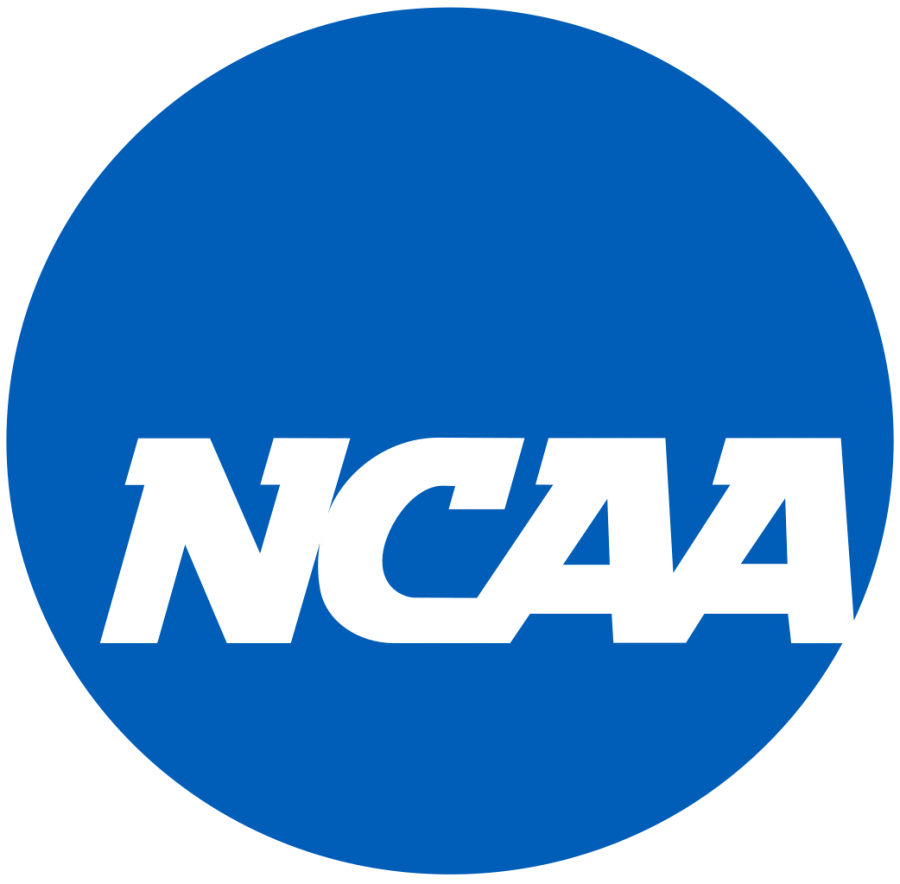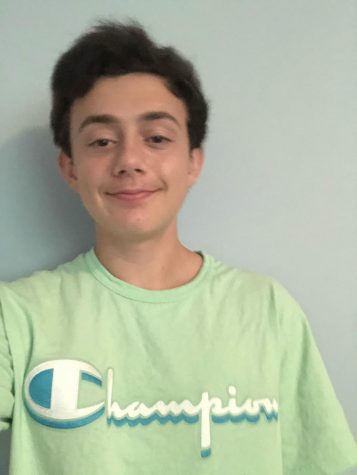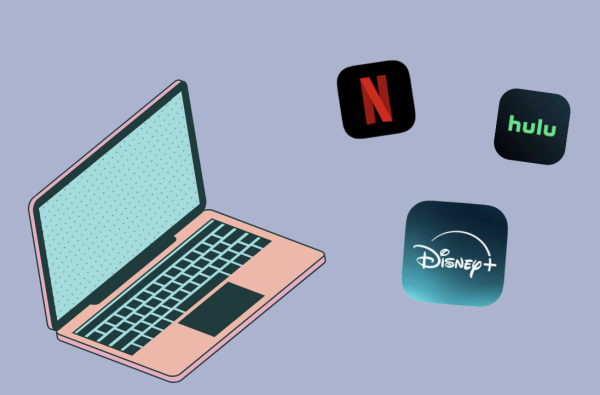New NCAA policy opens up opportunities for athletes, fans
December 10, 2019
Major companies can now compensate college athletes for endorsement deals. The National Collegiate Athletic Association announced Oct. 29 that college athletes are now able to profit off of playing their sport, meaning that companies can pay athletes for things like endorsements or selling their own jerseys.
In the past, the NCAA made it clear that student athletes shouldn’t receive compensation in any way, stressing that college athletes are not professionals. In fact, the NCAA coined the term “student-athlete” in order to avoid paying worker’s compensation to the widow of a collegiate football player who died from a football-related injury in 1964. The organization has punished athletes who have gone against this regulation; in 2014, University of Georgia star running back Todd Gurley received a suspension from the NCAA for selling a variety of autographed memorabilia.
“The new ruling is a great thing because it allows college athletes to take the first step toward getting the compensation they deserve,” Whitman basketball forward Will Lee said.
This ruling holds appeal not just for athletes but also for college sports fans. EA Sports, the popular video game developer behind games like Madden NFL Football, used to make video games for both Division 1 football and basketball. They discontinued the games after judges in the court case O’Bannon v. NCAA decided that the games were a violation of antitrust laws.
Former UCLA basketball star Ed O’Bannon led the lawsuit after noticing that a player in the NCAA basketball video game looked exactly like him and had his name on the back of his jersey. EA Sports hadn’t paid O’Bannon to appear in the game, so he and a number of other featured athletes sued the NCAA and EA. O’Bannon won, and as a result, the game developer paid a massive settlement and discontinued both video games.
Now, EA could feasibly remake the game because the changes allow players to receive payment for appearing in those games.
“The prospects of potentially being able to play with all of my favorite [college] players on a video game would be something I just can’t wait for,” junior Michael Martino said.
The NCAA’s ruling is a major step forward for the movement to pay college athletes and also keeps players on the field through college.
“This ruling is a big deal for future high school athletes because it gives them even more of an incentive to continue to play their sport in college,” Oberlin baseball player Harry Kaplan (‘19) said.
The proposal could go into effect as early as 2021.









